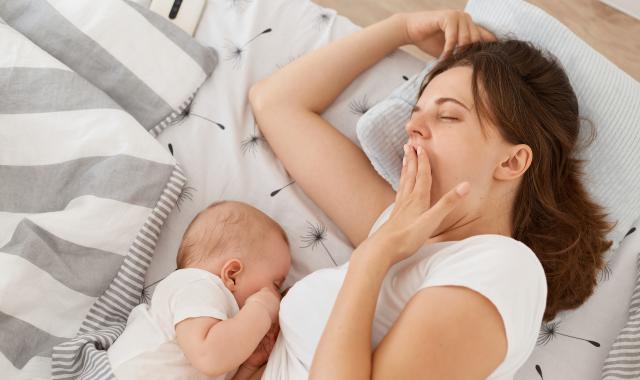The COVID-19 pandemic has taken a toll on women’s reproductive health exacerbating conditions like PMS and PCOS due to heightened stress and limited access to healthcare. Gynaecologists and psychiatrists have noted increased cases of irregular menstrual cycles, preterm labor and high blood pressure during pregnancy.
Dr. Anjali Talwalkar from Mumbai highlights the mental and physical health connections emphasizing how fear, anxiety and reduced exercise during lockdowns affected women’s hormonal balance.
“We saw an increase in cases related to stress and reproductive health, be it preterm labor, high blood pressure during pregnancy, or heightened symptoms of PCOS, PMS. This also led to issues of low self-esteem and anxiety among the patients,” she said.
A 2021 Everteen survey reported that 41% of women experienced irregular menstrual cycles with 64.5% citing stress as a primary factor. Alarmingly, 26.6% did nothing about the irregularities while only 38% consulted a doctor.
Dr. Syeda Ruksheda underscores the stigma around PMS and its dismissal in social settings urging more awareness: “Why is the male population not aware? Involving them will lead to empathy. We need to normalize these issues.”
Arpita B a professional from Pune shared her struggles with worsening PMS symptoms during lockdowns despite maintaining a healthy lifestyle. Her husband’s support in taking up household tasks and providing emotional stability has been crucial.
“I don’t know what I would’ve done without his support,” she said stressing the importance of familial involvement.
Doctors and therapists are calling for better education and open dialogue on the interconnectedness of mental and reproductive health, aiming to dismantle societal stigma and ensure comprehensive care.
This article is based on reporting by Mint.




